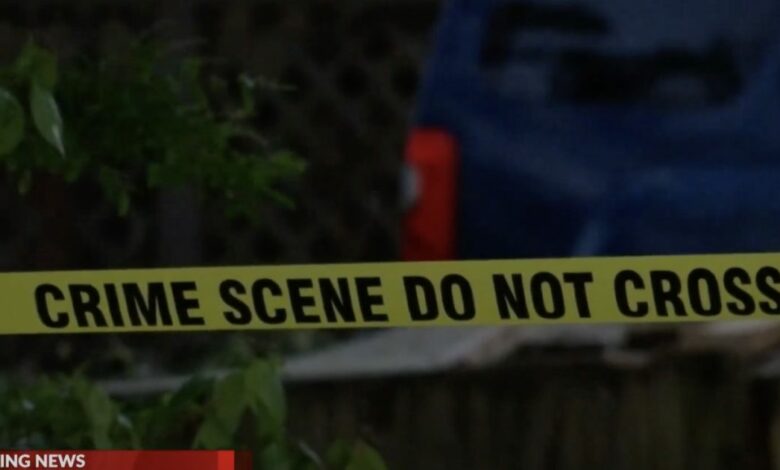Investigation: Why Fatal Police Shootings Aren’t Declining – Some Uncomfortable Facts
By James Varney and Abigail Degnan

Will this presidential election be the most important in American history?
Investigation by James Varney and Abigail Degnan originally published by RealClearInvestigations and RealClearWire
When Dexter Reed died in a shootout with Chicago police on March 21, the incident was quickly grafted onto a narrative that began in 2014 after a policeman killed Michael Brown in Ferguson, Mo. – namely, that the U.S. faces an epidemic of violence by unbridled cops who do not believe black lives matter. “Killing of Dexter Reed raises questions about Chicago police reform. ‘The message is, go in guns blazing,’” blared a headline in the Chicago Sun-Times.
Reed’s death joins a long list of police shootings that have received wide media coverage and political scrutiny – especially those involving African Americans. Over the years, many police departments embraced reforms, including the use of bodycams, to document incidents – an effort bolstered by a public eager to use smartphones to record the behavior of cops. In 2015, the Washington Post created a database logging every person shot dead by police in the U.S.
The belief was that this attention would make all law enforcement officers, especially the bad ones, think twice before pulling the trigger, and significantly reduce the number of shootings – which stood at 994 the year Brown was shot.
Instead, there have been steady, incremental increases. “Police killed the highest number of people on record in 2023,” the Post reported as the number of deadly police-involved shootings hit 1,162 last year.
But if neither a glaring spotlight nor reform gestures to date have moved the needle much in terms of reducing fatal police shootings, perhaps something else explains law enforcement lethality and public alarm about it.
Numerous professional criminologists told RealClearInvestigations that the problem isn’t racist or trigger-happy police officers. Instead, a handful of intertwined factors are at work: the almost immutable math of crime and demographics; media sensationalism; distorted public perceptions about race and guns; and the inability of inertia-bound police departments to adapt in ways to make a difference.
— First, the math. “The number of improper, bad shootings is very small,” said Geoffrey Alpert, a professor in the criminal justice department of the University of South Carolina. “The vast majority are not questionable.”
There are some 18,000 police departments in the United States with a population of more than 335 million people, leading to some 50 and 60 million annual encounters between police and civilians, according to an analysis of Justice Department data, said Justin Nix, a criminal justice professor at the University of Nebraska. Nix said only a tiny fraction of those interactions – “we’re talking about some .002% a year” – result in lethal gunfire.
Under present circumstances, he said, the ballpark figure of 1,000 fatal police shootings annually is “baked into the cake,” adding, “You have to wonder what all the reforms can do that would really make a dent in this.”
What’s more, police aren’t exaggerating the lethal threats they face. In 2023, the Washington Post database showed 83% of people killed by police bullets were armed – 62% with a gun and another 15% with a knife – percentages that criminologists said have held steady over the years. In other cases, officers are facing potentially lethal situations with vehicles, or even deranged people charging them with swords, hatchets, or garden tools.
— Second, media coverage distorts the circumstances of most fatal police shootings. Several criminal justice professors stressed that the overwhelming majority of lethal shootings by police involve clear justification. Nevertheless, the media and its audience tend to focus on those deaths where there is no clear justification, or where the claim of justification appears dubious.
Read the entire investigation here.
__________
By James Varney and Abigail Degnan – This article was originally published by RealClearInvestigations and made available via RealClearWire.



